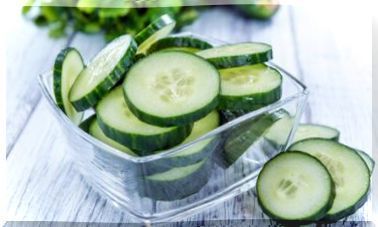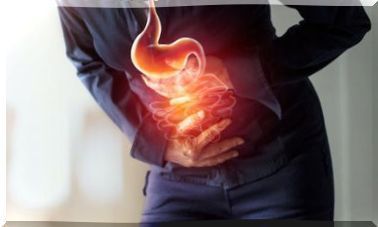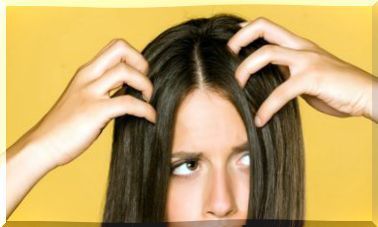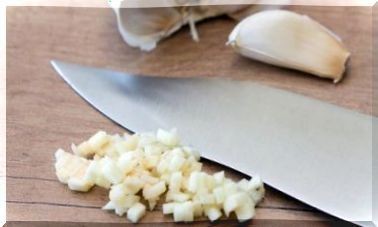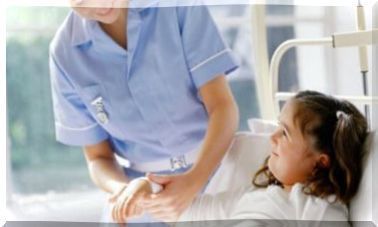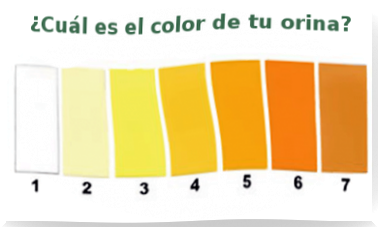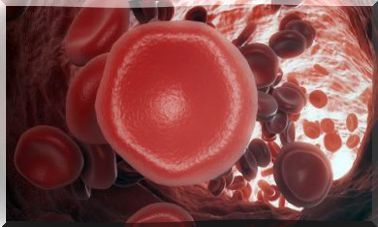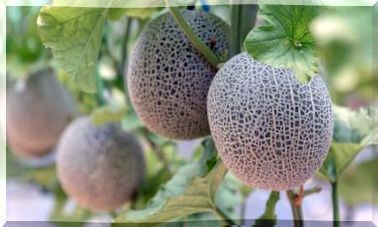My Baby Cries After Feeding: What To Do?
There are several reasons that can cause your baby to cry. Most are not serious, although it is always advisable to have an evaluation by a pediatrician.
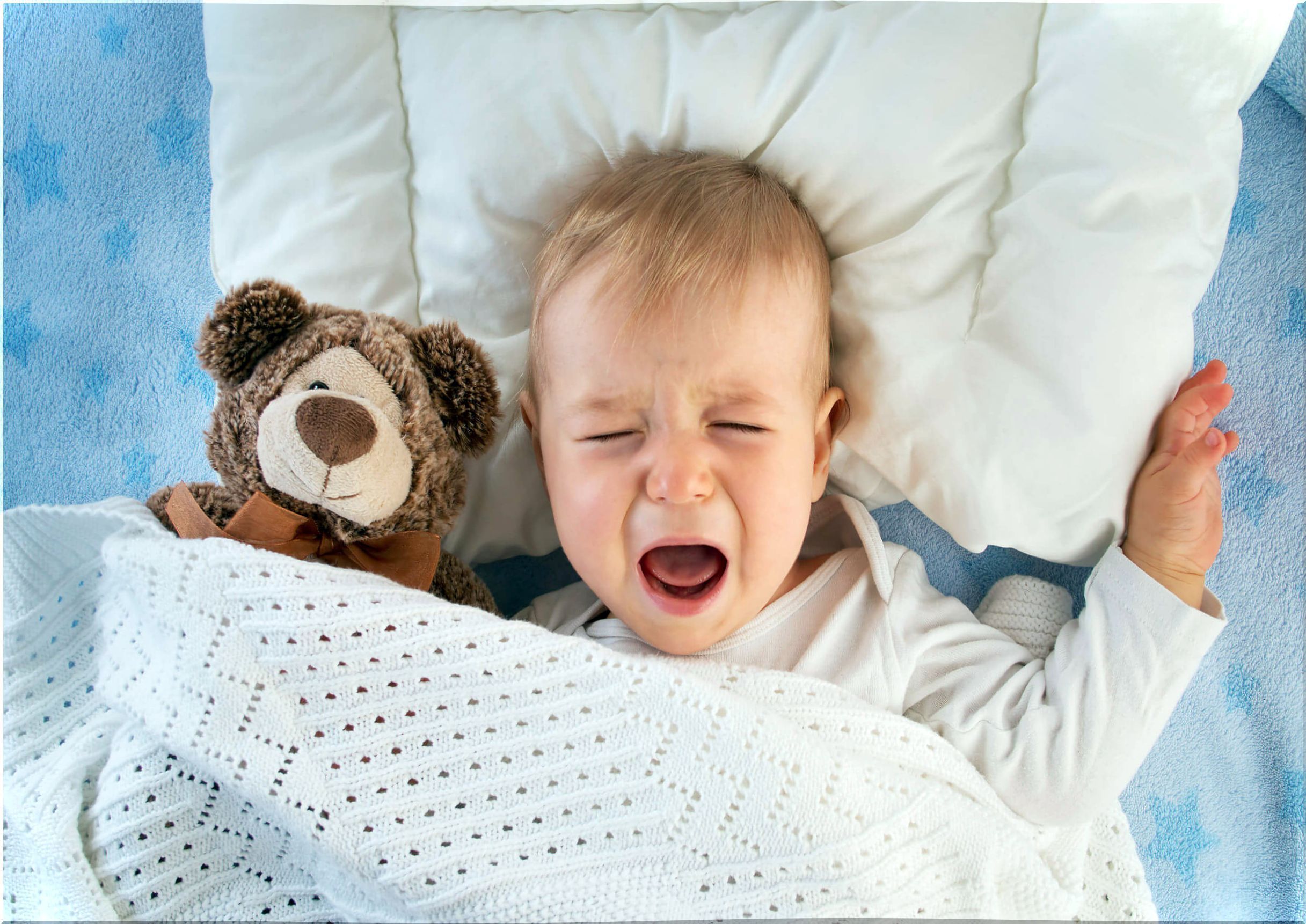
There are many reasons why a baby cries after feeding. In any case, it is always a cause of stress and concern for parents. Indeed, a baby crying after feeding does not seem normal, does it? What will be happening?
Therefore, below, we explain what may be causing this reaction and what you can do about it.
Why does the baby cry after feeding?
To be able to do something about it, you must first identify the reason why the baby cries after feeding. In this sense, there may be several causes. In any case, it is always advisable to go to the pediatrician to assess the child’s situation .
Food allergies
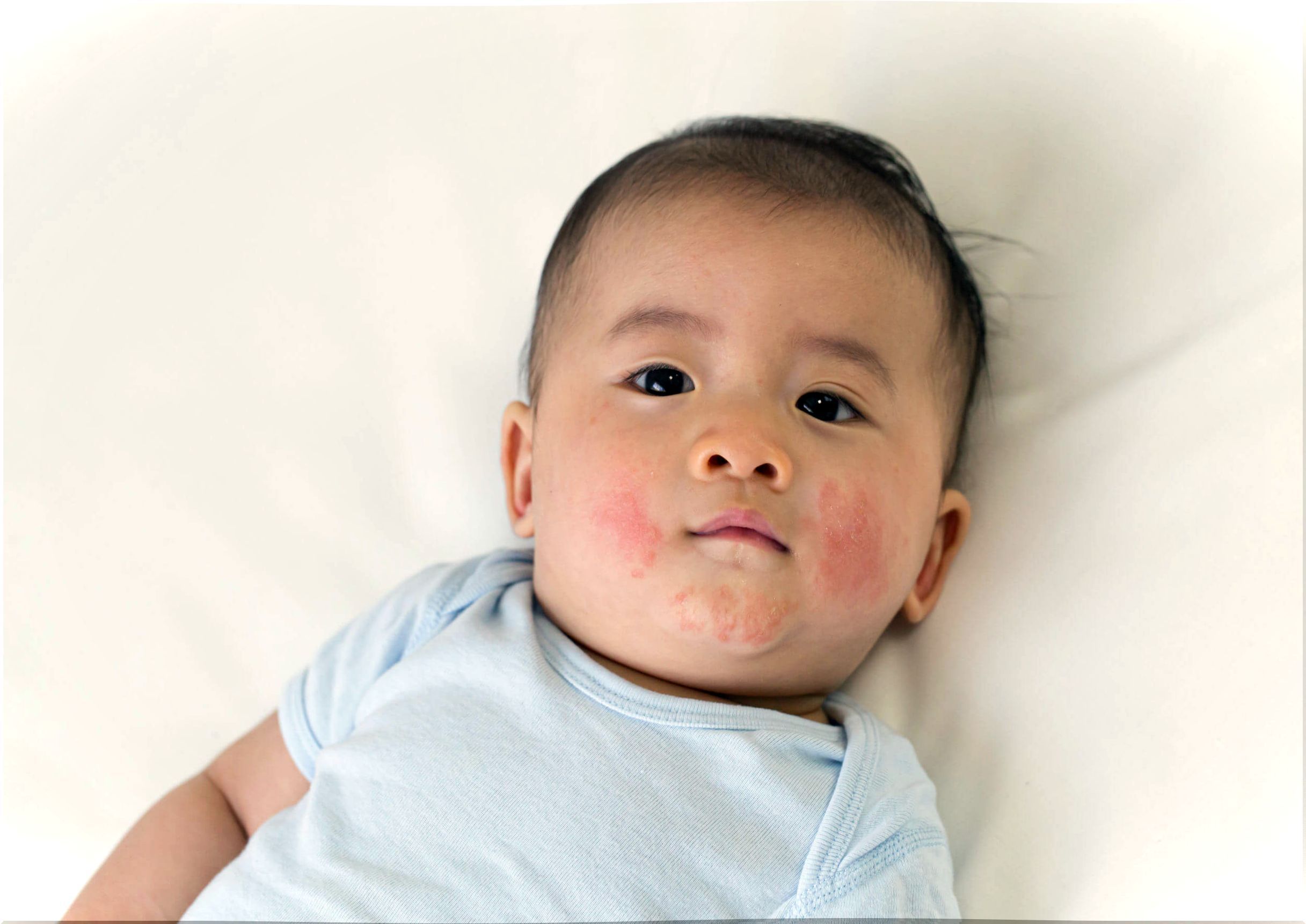
In the event that the mother breastfeeds the baby, she must bear in mind that everything she eats is eaten by the baby as well.
For this reason, perhaps something that the mother consumes is causing an allergy to the infant, as this information from The Academy of Breastfeeding Medicine (ABM) points out. In this sense, those foods that make the baby cry during or after feedings should be identified.
On the other hand, the same happens in the case of babies who cry after feeding from the bottle. If the little one has an allergy to any of the components of formula milk, usually cow’s milk protein (CMPA), it is normal for him to cry during and after feeding.
For this reason, it is important to consult the pediatrician about the symptoms that the child presents and to look for a hypoallergenic formula milk, as indicated in this study published in the journal Archives Argentinos de Pediatría .
Some foods that the mother eats irritate the infant
Indeed, as we have said before, perhaps something of what the mother consumes is irritating the young infant. In this sense, there are some foods that are better to avoid while breastfeeding:
- Grains (chickpeas, beans).
- Citrus
- Spicy
- Onion.
- Coffee.
- Broccoli and cauliflower.
Gastroesophageal reflux
Food reaches the stomach through the esophagus. However, when there is reflux, the contents of the stomach rise and cause irritation. The sensation is quite uncomfortable, so it is normal for a child with GERD to cry after feeding.
In babies, the muscle of the esophagus is not yet fully developed, so it is not surprising that food in the stomach often returns. In fact, it is one of the most common problems, as this article published in the Revista Chilena de Pediatría points out .
Thus, in addition to crying, babies return or vomit milk. However, as they grow and the muscle develops, the symptoms and crying should go away. Therefore, GERD is normal.
However, if it lasts too long (more than 12 months), the baby may develop gastroesophageal reflux disease (GERD), which requires medical treatment. And this is evidenced by this information from Loyola University Medical Center . Symptoms of GERD include the following:
- Vomiting after meals
- Regurgitation even after the first year.
- Irritability and crying after feeding.
- Hiccups or belching
- Weight loss or difficulty gaining it.
In these cases, the pediatrician will request that the pertinent diagnostic tests be carried out and, once the GERD is detected, will initiate the appropriate treatment.
Wrong practice
It may be that the baby is being fed in an incorrect position or way, so that, together with the food, it also takes in air or eats in a fast way. This can cause him to cry after feeding due to discomfort.
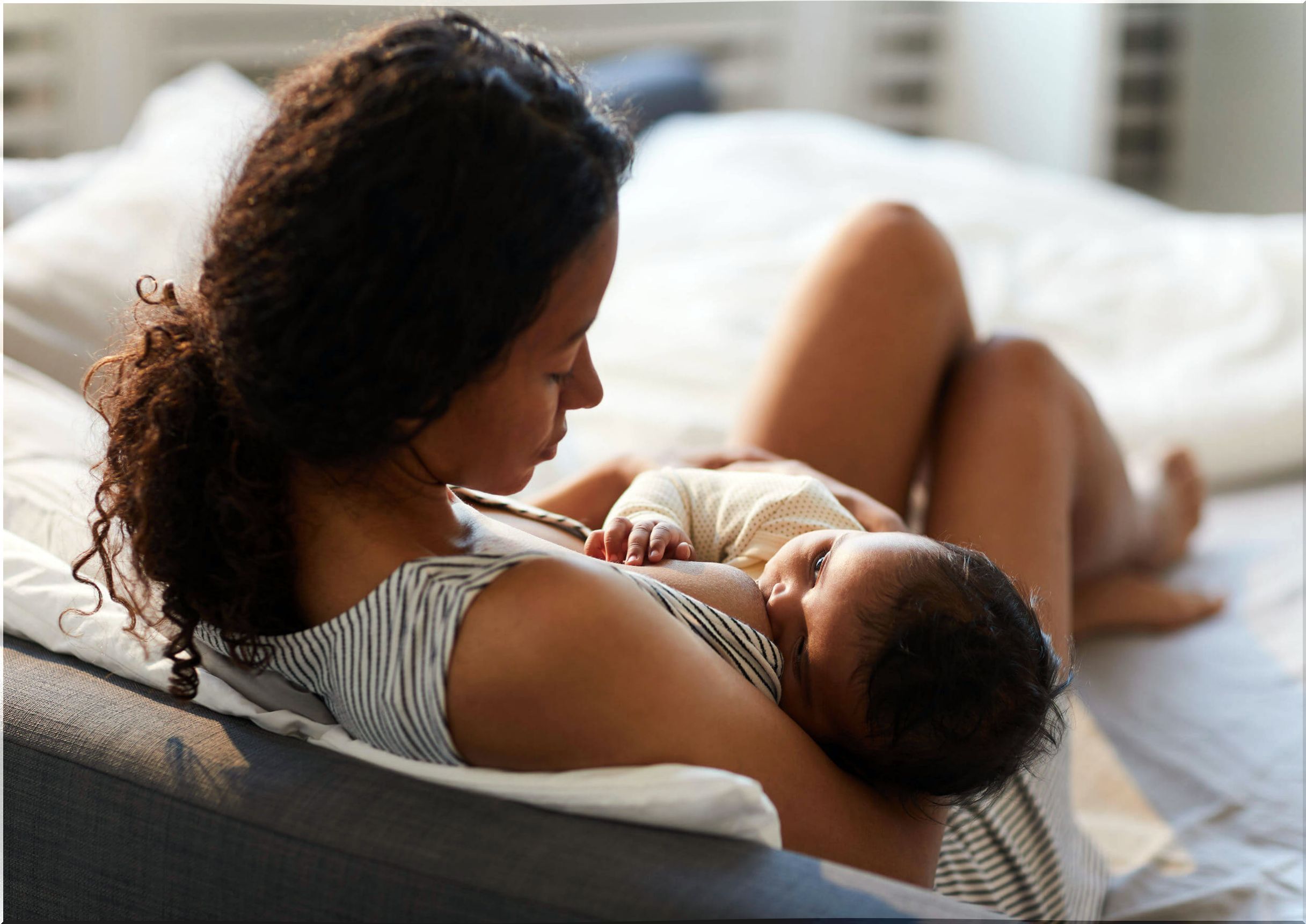
What to do when the baby cries after feeding?
Depending on the cause of the crying, certain solutions can be applied. In any case, it is essential to always consult your pediatrician.
- If the mother breastfeeds the baby, it is important that she eat a balanced and healthy diet, and that she tries to eat soft foods that are beneficial for both of you. For this reason, it is best to avoid consuming coffee or other foods that could irritate your little one.
- Always burp your baby after eating. This will prevent gassing and crying after feeding.
- Maintain good posture and feed your little one correctly so that they don’t eat hastily or swallow air in the meantime
- Change the milk formula if the doctor requests it. The baby may have an allergy to certain proteins it contains. However, it should be the pediatrician who advises the change.
